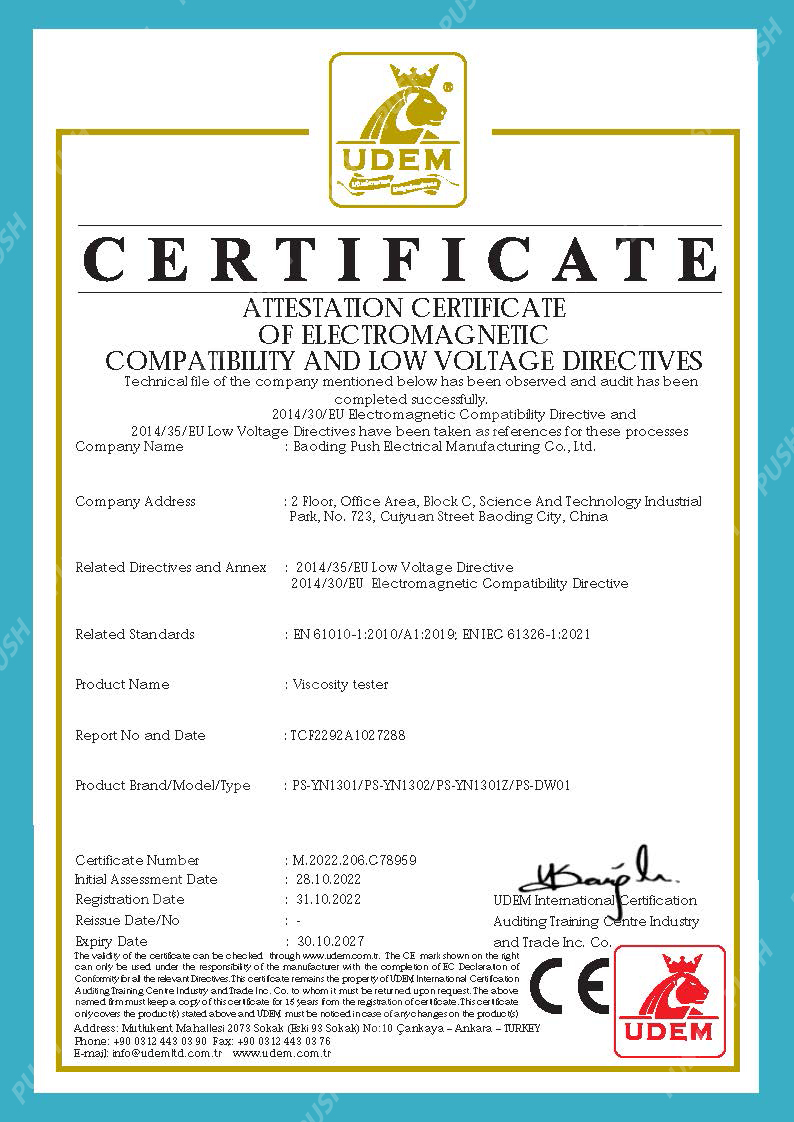 English
English



-
 Afrikaans
Afrikaans -
 Albanian
Albanian -
 Amharic
Amharic -
 Arabic
Arabic -
 Armenian
Armenian -
 Azerbaijani
Azerbaijani -
 Basque
Basque -
 Belarusian
Belarusian -
 Bengali
Bengali -
 Bosnian
Bosnian -
 Bulgarian
Bulgarian -
 Catalan
Catalan -
 Cebuano
Cebuano -
 China
China -
 China (Taiwan)
China (Taiwan) -
 Corsican
Corsican -
 Croatian
Croatian -
 Czech
Czech -
 Danish
Danish -
 Dutch
Dutch -
 English
English -
 Esperanto
Esperanto -
 Estonian
Estonian -
 Finnish
Finnish -
 French
French -
 Frisian
Frisian -
 Galician
Galician -
 Georgian
Georgian -
 German
German -
 Greek
Greek -
 Gujarati
Gujarati -
 Haitian Creole
Haitian Creole -
 hausa
hausa -
 hawaiian
hawaiian -
 Hebrew
Hebrew -
 Hindi
Hindi -
 Miao
Miao -
 Hungarian
Hungarian -
 Icelandic
Icelandic -
 igbo
igbo -
 Indonesian
Indonesian -
 irish
irish -
 Italian
Italian -
 Japanese
Japanese -
 Javanese
Javanese -
 Kannada
Kannada -
 kazakh
kazakh -
 Khmer
Khmer -
 Rwandese
Rwandese -
 Korean
Korean -
 Kurdish
Kurdish -
 Kyrgyz
Kyrgyz -
 Lao
Lao -
 Latin
Latin -
 Latvian
Latvian -
 Lithuanian
Lithuanian -
 Luxembourgish
Luxembourgish -
 Macedonian
Macedonian -
 Malgashi
Malgashi -
 Malay
Malay -
 Malayalam
Malayalam -
 Maltese
Maltese -
 Maori
Maori -
 Marathi
Marathi -
 Mongolian
Mongolian -
 Myanmar
Myanmar -
 Nepali
Nepali -
 Norwegian
Norwegian -
 Norwegian
Norwegian -
 Occitan
Occitan -
 Pashto
Pashto -
 Persian
Persian -
 Polish
Polish -
 Portuguese
Portuguese -
 Punjabi
Punjabi -
 Romanian
Romanian -
 Russian
Russian -
 Samoan
Samoan -
 Scottish Gaelic
Scottish Gaelic -
 Serbian
Serbian -
 Sesotho
Sesotho -
 Shona
Shona -
 Sindhi
Sindhi -
 Sinhala
Sinhala -
 Slovak
Slovak -
 Slovenian
Slovenian -
 Somali
Somali -
 Spanish
Spanish -
 Sundanese
Sundanese -
 Swahili
Swahili -
 Swedish
Swedish -
 Tagalog
Tagalog -
 Tajik
Tajik -
 Tamil
Tamil -
 Tatar
Tatar -
 Telugu
Telugu -
 Thai
Thai -
 Turkish
Turkish -
 Turkmen
Turkmen -
 Ukrainian
Ukrainian -
 Urdu
Urdu -
 Uighur
Uighur -
 Uzbek
Uzbek -
 Vietnamese
Vietnamese -
 Welsh
Welsh -
 Bantu
Bantu -
 Yiddish
Yiddish -
 Yoruba
Yoruba -
 Zulu
Zulu
Oil Dielectric Testing Device for Effective Insulation Property Evaluation and Safety Assurance
Understanding Oil Dielectric Testers A Key Tool for Electrical Insulation Integrity
In the realm of electrical engineering and maintenance, ensuring the integrity of insulation materials is of paramount importance. One of the most effective ways to assess the quality of these insulations, especially in transformers and other electrical equipment, is through the use of an oil dielectric tester. This specialized instrument plays a crucial role in confirming that insulating oils meet the required safety and operational standards, ultimately protecting equipment from potential failures.
What is an Oil Dielectric Tester?
An oil dielectric tester, also known as a dielectric strength tester, is designed to measure the dielectric strength of insulating oils. Dielectric strength refers to the maximum electric field that a material can withstand without experiencing failure. In this context, the tester typically applies a high voltage to a sample of insulating oil until the oil breaks down, indicating its failure point. The voltage at which this breakdown occurs is measured and recorded, providing valuable insights into the oil’s insulating properties.
Importance of Dielectric Strength Testing
The dielectric strength of insulating oil is crucial for the proper functioning of transformers, capacitors, and other electrical devices. Over time, factors such as thermal stress, moisture ingress, and contamination can degrade the insulating properties of the oil. If not monitored, these changes can lead to electrical arcing, short circuits, or complete equipment failure, which can result in costly downtimes and maintenance efforts. Regular testing of dielectric strength ensures that equipment operates safely and efficiently, minimizing risks and extending operational lifespan.
How Oil Dielectric Testers Work
oil dielectric tester

Oil dielectric testers operate on a relatively straightforward principle. A sample of insulating oil is placed between two electrodes, and a controlled voltage is applied. As the voltage increases, the tester monitors the oil for breakdown. The key point of interest is the voltage level at which a conductive path forms between the electrodes, indicating that the oil has failed. This breakdown voltage is recorded and compared against industry standards to determine the oil's suitability.
There are various methods and standards for conducting these tests, including ASTM D877 and IEC 60156, which outline the procedures and criteria for evaluation. Proper calibration of the tester and adherence to these guidelines are critical for obtaining accurate and repeatable results.
Maintenance and Best Practices
To achieve reliable results, it is essential to maintain the oil dielectric tester meticulously. Regular calibration and routine checks will ensure that the instrument functions correctly. Moreover, the cleanliness of both the testing environment and the oil sample is vital. Contaminants like water, dirt, or other foreign substances can significantly affect the test outcomes. Consequently, samples should be handled using clean, dry containers, and the testing setup must be free from any contaminants.
Additionally, periodic training for personnel operating the testers can enhance safety and operational efficiency. Understanding the implications of the results and the potential conditions that can affect dielectric strength can empower maintenance teams to preemptively address insulation issues.
Conclusion
In summary, oil dielectric testers are indispensable tools in the maintenance and operation of electrical systems. Their ability to accurately assess the dielectric strength of insulating oils helps ensure that critical equipment remains in optimal working condition. By routinely conducting dielectric strength tests, operators can prevent catastrophic failures, enhance the longevity of equipment, and maintain safety standards. As technology advances, these testers are likely to become even more sophisticated, continuing to play a vital role in electrical system management and reliability.
-
Testing Equipment Industry Sees Major Advancements in 2025: Smart & Precision Technologies Lead the WayNewsJun.06,2025
-
Applications of Direct Current Generators in Renewable Energy SystemsNewsJun.05,2025
-
Hipot Tester Calibration and Accuracy GuidelinesNewsJun.05,2025
-
Digital Circuit Breaker Analyzer Features and BenefitsNewsJun.05,2025
-
Benefits of Real-Time Power Quality Monitoring Devices for Industrial EfficiencyNewsJun.05,2025
-
Earth Fault Loop Testing in High-Rise Building Electrical SystemsNewsJun.05,2025



